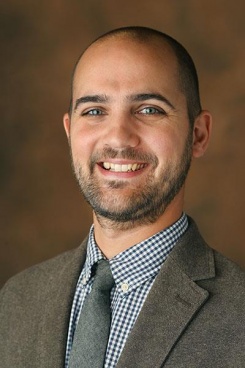Liliyas Sepassi, MD
Dr. Sepassi is an Assistant Professor of Clinical Psychiatry and Behavioral Sciences. Her clinical work includes inpatient coverage at the Vanderbilt Psychiatric Hospital. This work is geared towards diagnosis and management of mild and major neurocognitive disorders and psychotic disorders.





